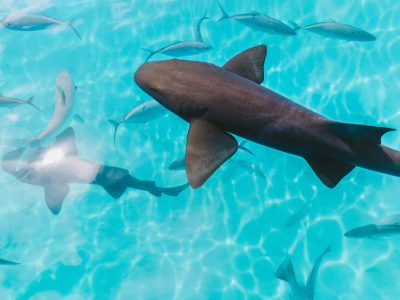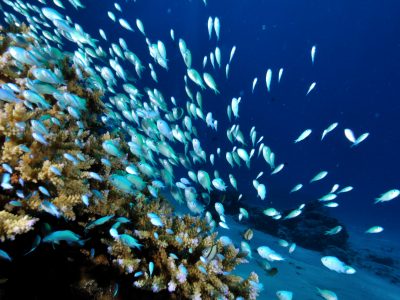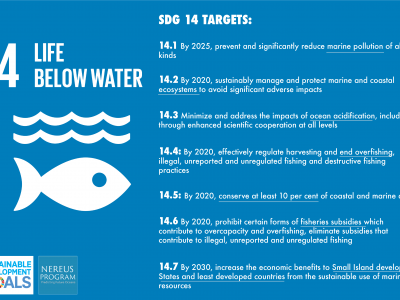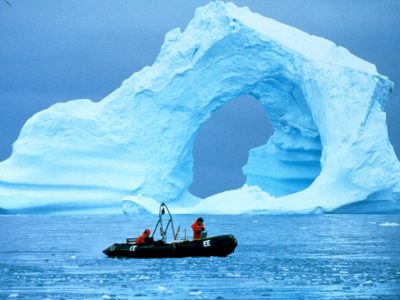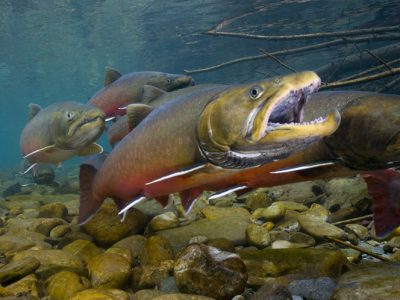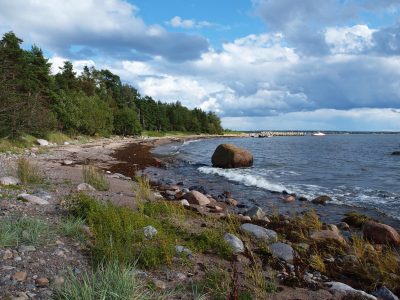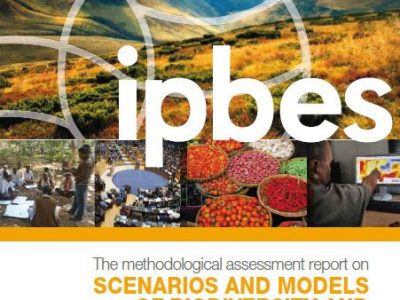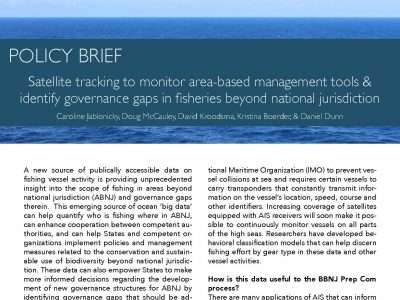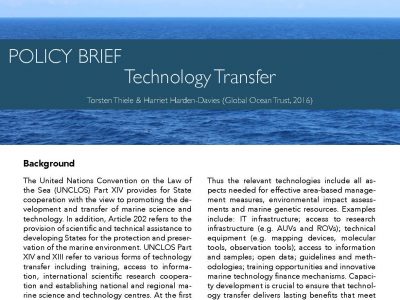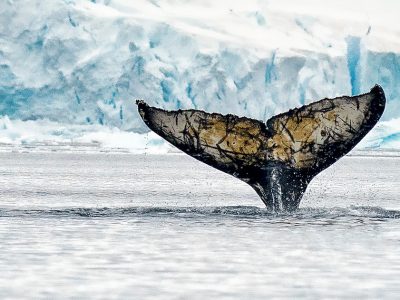International Wildlife Law: Understanding and Enhancing Its Role in Conservation
International wildlife law can be used as a tool to enhance conservation if a selective, informed approach is chosen to enhance cooperation among international wildlife lawyers and conservation professionals. Nereus Program Fellow Richard Caddell explores the limitations and opportunities of international wildlife law in a new paper published in BioScience.



